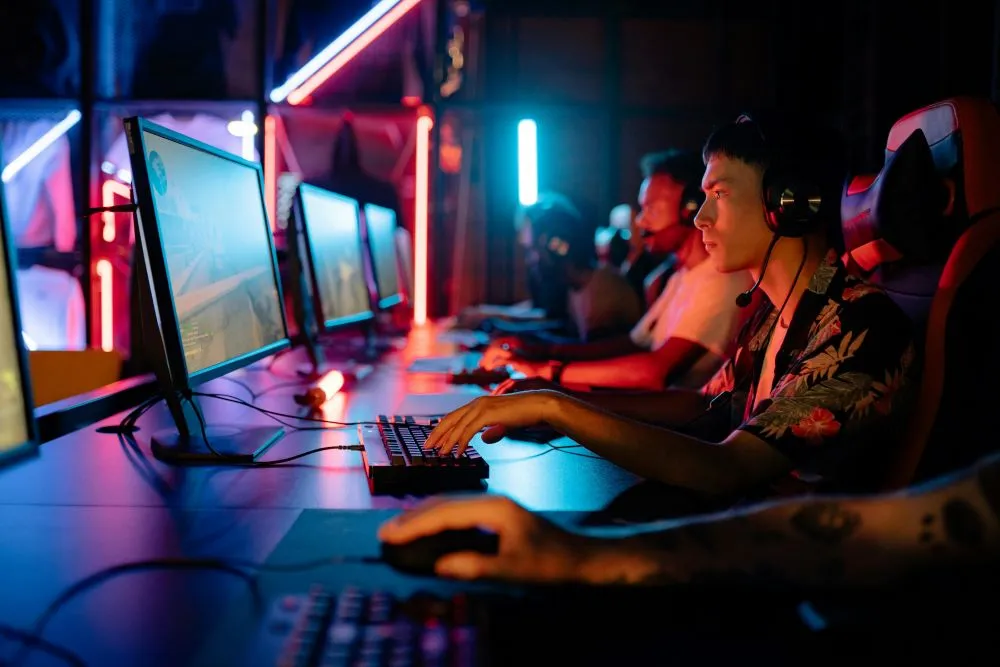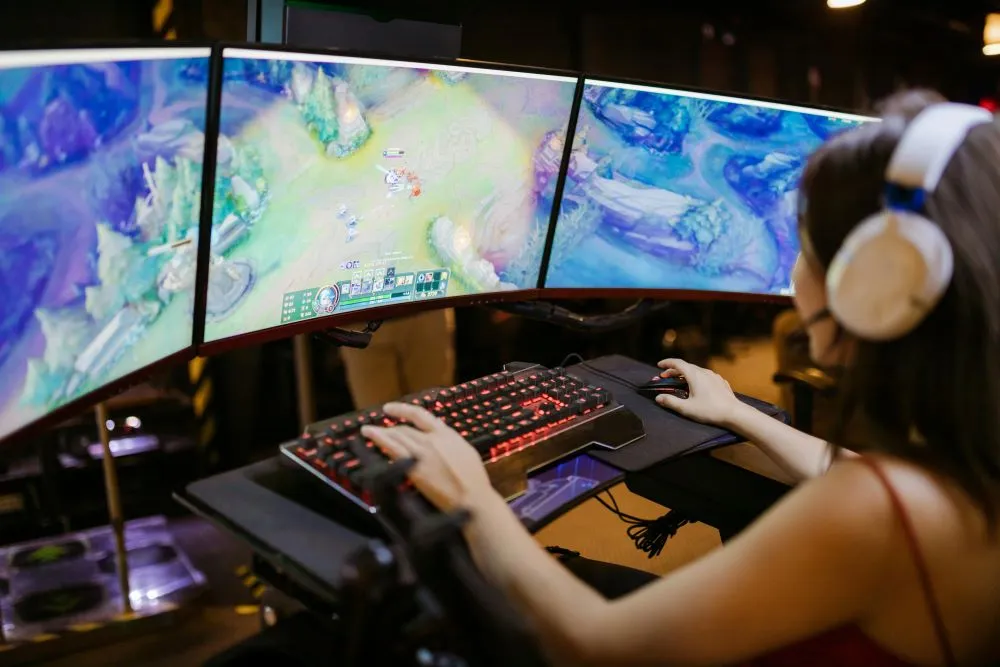Not too long ago, it would have been impossible—almost laughably so—to convince an audience that you could make pro-level money from playing video games. Now, with the eSports market projected to bring in US$4.3 billion in 2024 alone, the times have certainly changed.
eSports have run the gamut from being niche, ‘geeky’ and even ‘uncool’ to becoming a mainstream entertainment industry with a distinct culture and ever-growing fanbase. Its audience demographics have changed over the years, too, but one thing that remains constant is the passion and engagement of its fans.
As a marketer, tapping into this vibrant space requires a deep understanding of its dynamics. This blog will explore effective eSports marketing strategies and the importance of authentic engagement to help you run eSports campaigns that succeed.
Understanding the eSports landscape
Most people who think of eSports may jump straight to professional-level tournaments for well-known titles like Starcraft, League of Legends, or Dota 2. In reality, the eSport industry is deeply multifaceted and encompasses a variety of elements that make it more than just competitive gaming.
Some key components include:
- Competitive gaming: This forms the core of eSports, where players and teams compete in popular games like Starcraft, League of Legends, Dota 2, and Overwatch. These competitions can take place at any level across location (e.g. city/region/country/continent) and skill level (e.g. amateur/semi-professional/professional).
- eSports tournaments/championships: Major multi-national events such as The International and the League of Legends World Championship draw massive audiences and offer substantial prize pools for professional players.
- eSports streaming: Platforms like Twitch and YouTube Gaming have transformed how fans engage with content, offering live streams, tutorials, and behind-the-scenes looks at players’ lives.
Successful eSports marketing strategies

Understanding the mindset of eSports fans is crucial to a successful marketing campaign.
These individuals are typically passionate, digitally savvy, and value authenticity. They can quickly spot and dismiss insincere efforts, making it essential to create campaigns that genuinely resonate with them.
In other words, generic advertising won’t cut it in the eSports arena. Campaigns must be tailored to the community, reflecting its unique language, values, and interests. Here are some effective tactics to keep in mind:
- Influencer partnerships: Collaborating with popular streamers and eSports personalities can amplify your message and lend credibility to your brand.
- Sponsor activations at events: Engaging fans directly through event sponsorships, giveaways, and interactive booths can create memorable brand experiences.
- Content tailored to eSports platforms: Creating content specifically for platforms like Twitch, YouTube Gaming, and Discord ensures it reaches the right audience in the right context. Make use of platform-specific features like polls, community threads, currency (e.g. Twitch Bits), and so on to engage on a deeper level instead of just treating it like typical video-based marketing content.
Some examples of successful eSports advertising to take inspiration from are:
- Red Bull’s partnership with eSports athletes: Red Bull has successfully integrated into the eSports scene by sponsoring top players and events, creating engaging content that highlights the athletes’ stories and training regimens.
- Nike’s “League of Legends” campaign: Nike collaborated with the Chinese League of Legends Pro League (LPL) to create a line of eSports-themed apparel. The campaign included a compelling video that blended the worlds of traditional sports and eSports, furthering eSports’ mainstream rise while cementing Nike as the brand of choice for all athletes.
- Adidas’ sponsorship of Team Vitality: Adidas has partnered with Team Vitality, a prominent French eSports organisation, to develop performance wear tailored for gamers. The collaboration has resulted in high visibility for the brand within the eSports community, deepening Adidas’ brand equity in a specific consumer sub-section.
These marketing and advertising campaigns succeeded because they were authentic, engaging, and aligned with the interests of the eSports community. Red Bull, Nike, and Adidas leveraged their brand strength while respecting the unique culture of eSports, resulting in high levels of engagement and positive brand perception.
Harness the power of eSports entertainment with Genesis Motion Design
eSports events are not just about the games; they are spectacles that foster community and excitement. These events often include elaborate opening ceremonies, musical performances, and interactive fan experiences, making them so much more than the competitions themselves.
Brands can integrate themselves into these communal landscapes in numerous ways:
- Logo placement: On jerseys, stages, and digital broadcasts, ensuring constant visibility.
- Branded segments: Sponsoring specific segments of the broadcast, such as player interviews or highlight reels.
- Interactive booths: Creating immersive brand experiences at live events, allowing fans to engage directly with the brand.
The vast marketing opportunities within the eSports world are immense, offering brands a chance to connect with a highly engaged audience. However, understanding this unique landscape is key to crafting successful campaigns.
For those looking to develop impactful eSports video solutions and marketing campaigns, Genesis Motion Design offers the expertise and creative prowess needed to authentically connect with the eSports community.
From high-quality eSports video production to animation and motion graphics that maximise event engagement, get in touch with our animation studio in Singapore to elevate your brand’s presence in the exciting world of eSports.
Contact us here!

Benjamin Ang, the Creative Director of Genesis Motion Design, has more than 10 years of experience in motion graphics, design, and animation, Benjamin embarked on his own journey in 2015 with the birth of Genesis Motion Design, a studio focused on brand-driven storytelling.



